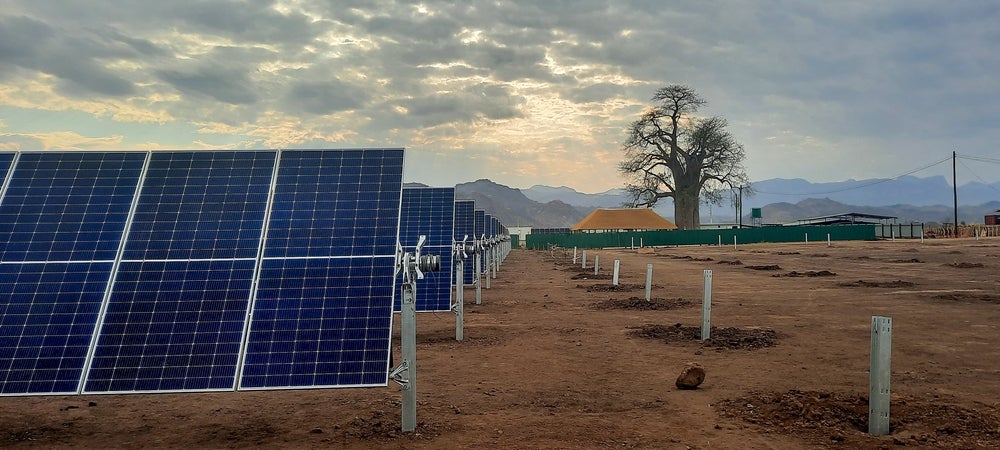Building out new clean energy industries and securing the necessary supply chains to sustain them are major priorities for the United States. Recent landmark legislation—including the Inflation Reduction Act of 2022, the Infrastructure Investment and Jobs Act, and the Creating Helpful Incentives to Produce Semiconductors and Science Act of 2022 (CHIPS and Science Act)—has codified this priority into discrete objectives. The push for new clean energy ecosystems is driven by the desire to meet climate change goals as well as new geopolitical realities of great power competition, and both major legislation and ancillary policy documents reflect this duality.
Concurrently, the United States is revamping its relationship with Africa, as demonstrated most saliently by the recently unveiled strategy document focusing on the continent, as well as commitments made during the U.S.-Africa Leaders Summit in December 2022. These commitments aim to facilitate two-way trade and investment, and, crucially, seek to reorient the relationship between the United States and Africa away from the historical aid donor-recipient paradigm.
There are significant areas of synergy between these twin objectives of developing new clean energy supply chains and reorienting the U.S. economic and strategic relationship with Africa. Many African countries are endowed with the natural resources that the United States needs to produce clean energy technologies, and in certain cases they boast some of the largest reserves of these minerals in the world. This combination of key mineral endowments in African countries and U.S. objectives to reorient supply chains away from competitors like China can serve as the foundation for a new economic and strategic relationship. Importantly, this new partnership can be markedly different from African countries’ historic relationships with foreign powers, in which these powers merely regarded Africa as a source from which to extract unprocessed raw materials. Many African countries have long made it a priority to ensure value addition for their natural resources, and honoring this intent will be key to realizing the second major U.S. objective: revamping its relationship with the continent.
Zainab Usman is a senior fellow and director of the Africa Program at the Carnegie Endowment for International Peace in Washington, D.C. Her fields of expertise include institutions, economic policy, energy policy, and emerging economies in Africa.
Usman_Csanadi_Clean_Energy_Supply_Chains_final1
To read the full paper as it was originally published by Carnegie Endowment for International Peace, click here.
To read the full paper, click here.

